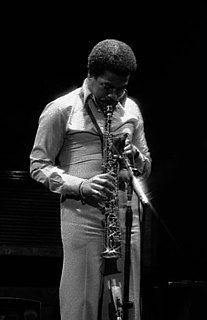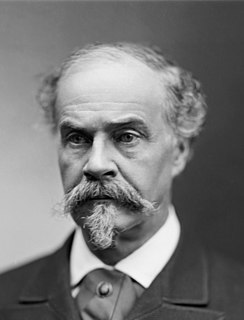A Quote by Alejandro Gonzalez Inarritu
'Biutiful' is not about death. It's about life. It's a hymn to life.
Related Quotes
To say it again, eternal life is less about a kind of time that starts when we die, and more about a quality and vitality of life now in connection to God. Eternal life doesn't start when we die; it starts now. It's not about a life that begins at death; it's about experiencing the kind of life now that can endure and survive even death.
Normally we do not like to think about death. We would rather think about life. Why reflect on death? When you start preparing for death you soon realize that you must look into your life now... and come to face the truth of your self. Death is like a mirror in which the true meaning of life is reflected.
Birth leads to death, death precedes birth. So if you want to see life as it really is, it is rounded on both the sides by death. Death is the beginning and death is again the end, and life is just the illusion in between. You feel alive between two deaths; the passage joining one death to another you call life. Buddha says this is not life. This life is dukkha - misery. This life is death.
The first thing I would like to tell you about death is that there is no bigger lie than death. And yet, death appears to be true. It not only appears to be true but also seems like the cardinal truth of life - it appears as if the whole of life is surrounded by death. Whether we forget about it, or become oblivious to it, everywhere death remains close to us. Death is even closer to us than our own shadow.
The greatest mystery in life is not life itself, but death. Death is the culmination of life, the ultimate blossoming of life. In death the whole life is summed up, in death you arrive. Life is a pilgrimage towards death. From the very beginning, death is coming. From the moment of birth, death has started coming towards you, you have started moving towards death.
You haven't yet opened your heart fully, to life, to each moment. The peaceful warrior's way is not about invulnerability, but absolute vulnerability--to the world, to life, and to the Presence you felt. All along I've shown you by example that a warrior's life is not about imagined perfection or victory; it is about love. Love is a warrior's sword; wherever it cuts, it gives life, not death.
By 'coming to terms with life' I mean: the reality of death has become a definite part of my life; my life has, so to speak, been extended by death, by my looking death in the eye and accepting it, by accepting destruction as part of life and no longer wasting my energies on fear of death or the refusal to acknowledge its inevitability. It sounds paradoxical: by excluding death from our life we cannot live a full life, and by admitting death into our life we enlarge and enrich it.
God knows our despair. God wants His chosen people to live in peace. God loves life, cares less about death. We need to live. I want to live, I want my children to live. Everyone I know wants to live. You have to ask yourself what is more important to you, life is death. What is this world about - life or death?
Everybody is afraid of death for the simple reason that we have not tasted of life yet. The man who knows what life is, is never afraid of death; he welcomes death. Whenever death comes he hugs death, he embraces death, he welcomes death, he receives death as a guest. To the man who has not known what life is, death is an enemy; and to the man who knows what life is, death is the ultimate crescendo of life.
There have been only two taboos in the world: sex and death. It is very strange why sex and death have been the two taboos not to be talked about, to be avoided. They are deeply connected. Sex represents life because all life arises out of sex, and death represents the end. And both have been taboo - don't talk about sex and don't talk about death.
Laughter. Yes, laughter is the Zen attitude towards death and towards life too, because life and death are not separate. Whatsoever is your attitude towards life will be your attitude towards death, because death comes as the ultimate flowering of life. Life exists for death. Life exists through death. Without death there will be no life at all. Death is not the end but the culmination, the crescendo. Death is not the enemy it is the friend. It makes life possible.
The conquest of the fear of death is the recovery of life's joy. One can experience an unconditional affirmation of life only when one has accepted death, not as contrary to life, but as an aspect of life. Life in its becoming is always shedding death, and on the point of death. The conquest of fear yields the courage of life. That is the cardinal initiation of every heroic adventure - fearlessness and achievement.


































